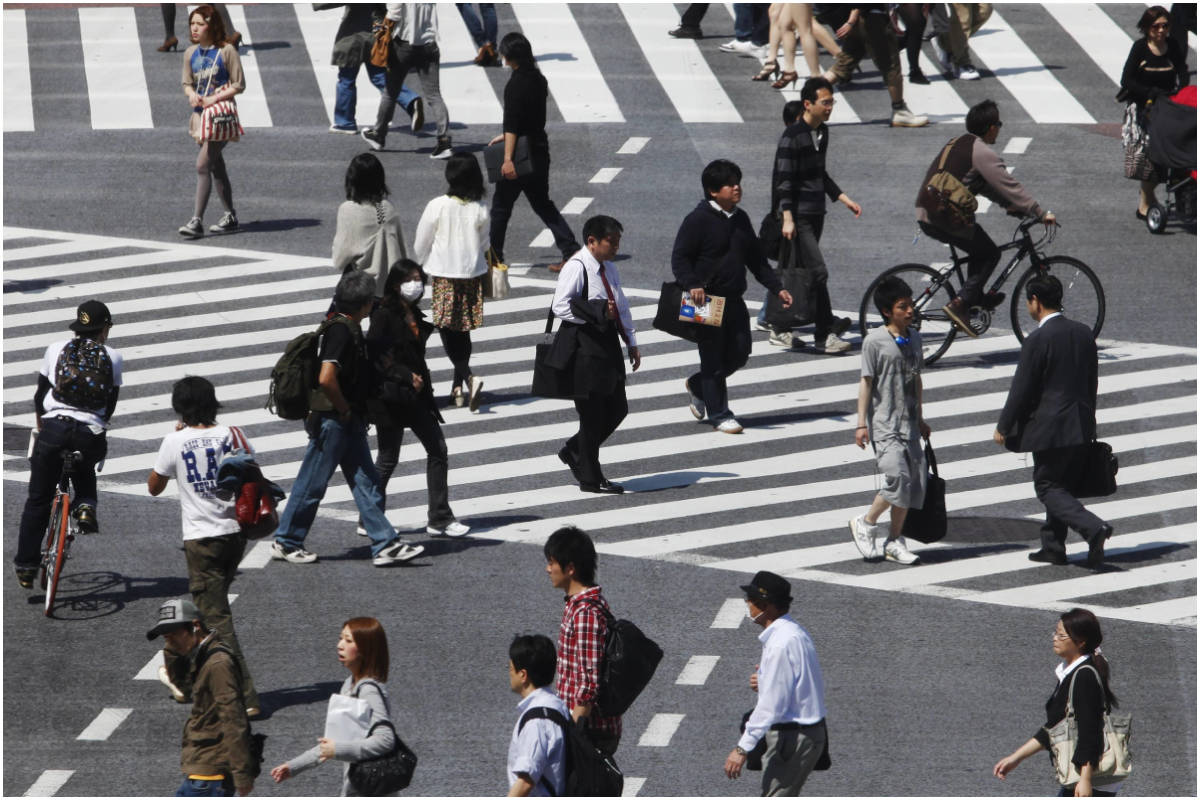Rising costs in Japan have caused a price shock
Growing up in Japan rarely seems to have become more expensive. My favorite lunches are always available in 500 yen (3.90 USD, 3.10 GBP) coins and are...

Japan: Uniqlo to increase pay in Japan by up to 40%
The owner of Japanese clothing retailer Uniqlo claims to be increasing employee pay home by up to 40%.
Beginning in March, full-time employees at Fast Retailing’s corporate offices and company stores in Japan will be subject to the new pay policy, according to the business.
The prime minister of Japan urged businesses to raise wages last week to aid consumers who are struggling with rising expenses.
It occurs at a time when inflation is rising at its fastest rate in decades while earnings in the nation are remaining stagnant.
The company stated that it took this action “to boost the company’s growth potential and competitiveness in line with global standards, as well as to compensate each and every employee adequately for their desire and talents.”
Recent college grads will get a nearly 18% raise in their monthly pay under the new policy, from 255,000 ($1,926, £1,585) to 300,000.
In addition, first- or second-year new store managers will enjoy an increase in remuneration of roughly 35%.
Salary raises were given to the company’s hourly workers in September of last year.
The declaration on Wednesday was made just a few days after Prime Minister Kishida pushed businesses to accelerate salary increases.
In a New Year’s message to business executives, he warned, “There are alarm bells signalling that stagflation occurs if wage growth lags behind price increases.”
When an economy is under stagflation, prices are rising despite no growth in the economy.
Japan’s economy unexpectedly contracted for the first time in a year, according to official data released in November, as gross domestic product decreased by an annualised 1.2% in the three months leading up to the end of September.
Core consumer prices in Japan increased by 3.7% in November, which is the quickest rate since the Middle East oil crisis in 1981.
More than three-quarters of the employers polled increased wages last year, although the majority of the raises were much below 10%, according to recent study from Japan.
Tadashi Yanai, the CEO of Fast Retailing, is frequently credited in Japanese business circles as a trendsetter.
The choice, which was viewed as a significant bet at the time, has been successful for the company.
Mr. Yanai has criticised the Japanese government’s economic policies in recent months, particularly as the yen began to fall versus other major currencies in the latter part of last year.
In order to shield common people from the effects of rising costs, he has also urged for major economic reforms in Japan.
Fast Retailing’s stock increased 1.4% on Wednesday in Tokyo trading.
Catch all the Business News, Breaking News Event and Latest News Updates on The BOL News
Download The BOL News App to get the Daily News Update & Live News.